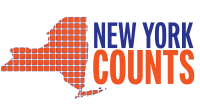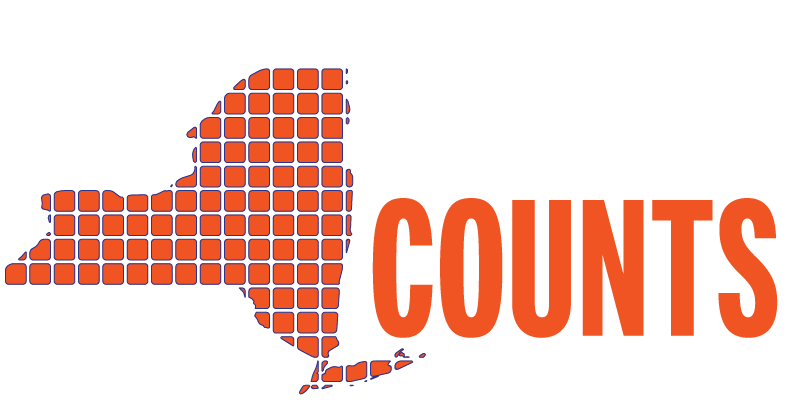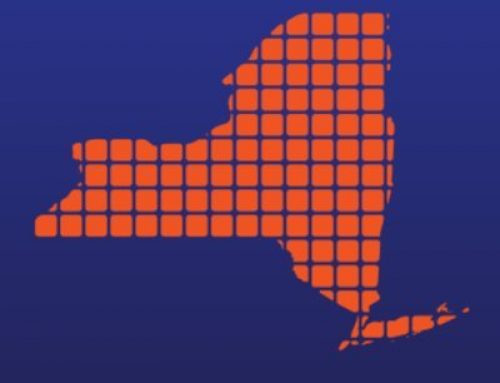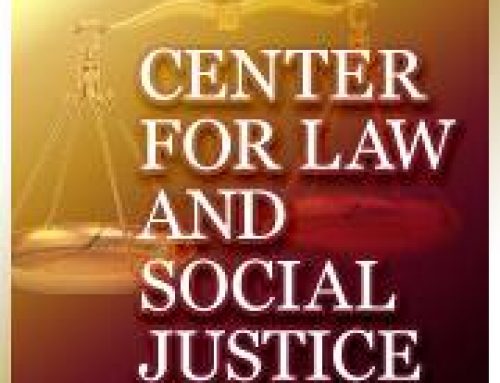By Meeta Anand and Udai Tambar
Link to Op-Ed: https://www.timesunion.com/opinion/article/New-York-will-pay-high-price-if-everyone-is-not-15397565.php
The ravages of COVID-19 revealed the entrenched inequities in our society, especially in health care outcomes. Many of these disparities start with the census, making it the best method to address these inequalities.
Since 1790, the United States has engaged in the largest peacetime mass mobilization of civilians to count every person living on its soil. From the beginning, a fraught debate emerged about who to count, what to ask and how to count.
Nonetheless, the census is the cornerstone of our democracy. It determines our representation in Congress and the funding of programs. Even in the best of times the census is a challenging undertaking.
The COVID-19 pandemic and its economic fallout ensure the 2020 census is not being conducted in the best of times. In New York, immigrant communities and communities of color have been the hardest hit, largely because they disproportionately comprise the frontline workers — police, EMTs, nurses, grocers, couriers and bus drivers — who are most likely to be exposed to the virus. Almost without exception, it is nonwhite neighborhoods that show the highest rates of infection. Meanwhile, the hospitality and retail industries, their primary employers, are hardest hit by the shutdown.
Not coincidentally, these New Yorkers make up “hard-to-count” communities. Many do not believe the census can help them and possess a distrust of the government, creating a reluctance to share information. But the stakes are incredibly high. Census data helps determine the allocation of $1.5 trillion of federal funding annually. The funding goes to programs like Medicaid, the Children’s Health Insurance Program, which assists uninsured, low-income children, and health center programs that help assure access to primary health care for vulnerable populations. It also includes money for transportation, roads, parks and public schools. Census data underlies workforce assistance and food assistance, both of which are key drivers of health. Even the distribution of vaccines is based on the census.
In every past census, undercounting these communities led to a lack of resources, leading to future undercounts, and creating a vicious cycle of marginalization.
One of the primary reasons New York is, as Gov. Andrew Cuomo puts it, “the No. 1 giver” in the U.S., sending far more money to the federal government than it gets back, are previous census undercounts. Myriad organizations spent time, energy, and money conducting outreach to ensure a fair and thorough count, only to have COVID-19 upend those plans. New York’s current response rate is 38th among the states, trailing the national average by about 5 percent and New York City is behind by 10 percent. Our low response rate and diminished outreach could lead to a decades-long crisis in which vital resources will not go to the neediest New Yorkers and shortchange the rest of us.
In early August, census enumerators, so-called door-knockers, will fan out across New York. Enumerators play an essential role, but some residents will not be comfortable answering the door to a government representative. Others may be unwilling to open the door to any stranger in the time of COVID-19.
Now is the moment to escalate outreach to our most vulnerable communities, encouraging them to respond by phone, online or through the mail. Every New Yorker who filled out their census form must become a census ambassador, extolling its importance to neighbors, friends and loved ones. Whether you are a teacher, a parent, a health care worker, a small business-owner, or an elected official, you can get the word out. It means speaking to neighbors who are enduring unprecedented hardships, but it is necessary, and it is a way to envision an equitable future. In doing so, you are building a healthier, stronger and more resilient New York for the next decade. So let’s do it. Let’s Get New York counted, 100 percent.
Meeta Anand is the Census 2020 senior fellow with the New York Immigration Coalition. Udai Tambar is vice president for community health at Northwell Health.




